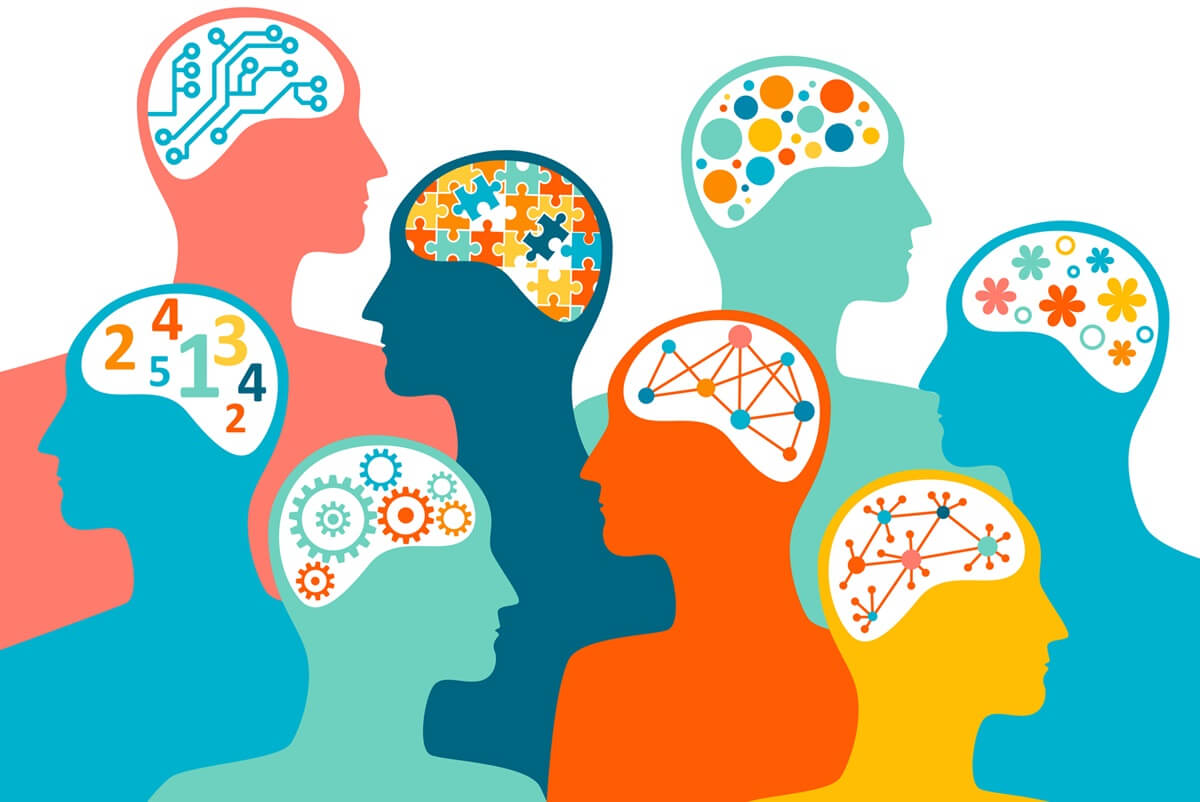Social and emotional learning (SEL) is a hot topic in schools these days. Why? Not only is there good research to show its effectiveness in the areas of mental health, social skills, and academic achievement, but it also makes good sense. According to the NBC News State of Parenting Poll, 54% of parents reported strong social and communication skills as the most important contributors to their child’s future success – more important than any other skill sets! Why shouldn’t schools be fostering social and emotional skills, and why shouldn’t parents be taking an interest in it?
What is SEL? According to CASEL.org, SEL is made up of evidence-based practices that highlight the way we understand, use, and manage emotions to learn. Put another way, it’s the process by which we acquire and apply knowledge, attitudes, and skills needed to:
- Understand emotions
- Set and achieve goals
- Feel and show empathy for others
- Establish and maintain health relationships
- Make responsible decisions
These may seem like diverse skills, but they are quite connected in everyday life. In fact, SEL is made up of five interrelated cognitive, effective, and behavioral competencies. Let’s examine each competency and some tips for parents to foster these skills:
Self-Awareness
The ability to recognize our own emotions, thoughts, and values, and how they influence behavior. It’s also the ability to accurately assess our strengths and limitations with a sense of confidence, optimism, and a “growth mindset” (which means through effort and good teaching, our talents and skills can improve). Here are a few ways to help facilitate self-awareness:
- Take time to identify or talk about feelings each day
- Teach new words for feelings and tie them to experiences and facial expressions
- Use books or TV to point out more complex emotions
- Help your child recognize his/her strengths and abilities
- Talk about your own emotions and how certain situations make you feel as a parent
Social Awareness
The ability to take the perspective of and empathize with others, including those from diverse backgrounds and cultures. It also includes the capacity to understand social and ethical norms for behavior and to recognize family, school, and community resources and supports. Here are suggestions to help facilitate social awareness:
- Read books and point out how characters may be feeling
- Talk about real-life social interactions (the cashier’s body language, tone, eye contact)
- Expose your child to people who are different than themselves and teach how to appreciate new perspectives
- Truly listen to your child (“When I think about it like that, I can see where you’re coming from”)
- Talk about social issues such as immigration, discrimination, and bullying
- Set rules about social life together (curfew, dating, consequences)
Relationship Skills
The ability to establish and maintain healthy and rewarding relationships with diverse individuals and groups. It also includes proficiency in communicating clearly, listening well, cooperating with others, resisting inappropriate social pressure, negotiating conflict constructively, and seeking and offering help when needed. Here are a few ways to help facilitate relationship skills:
- Model healthy relationships with other adults in front of your children
- Teach conversation skills (eye contact, first impressions, asking questions)
- Teach conflict resolution skills
- Talk about what makes a good friend and what does not
- Notice your child’s social cues and point them out (especially incongruencies in words behavior)
- Discuss peer pressure and respectful behavior including online behavior
Responsible Decision-Making
The ability to make constructive choices about personal behavior and social interactions based on ethical standards, safety concerns, and social norms. It also includes realistic evaluation of consequences of various actions and a consideration of the well being of our selves and others. Here are a recommendations to encourage responsible decision-making:
- Allow your child to make choices early on
- Teach how different rules apply in different contexts (quiet voice in library, cheering at soccer game)
- Point out decisions made by book characters and discuss
- Verbally walk through your own decision-making process as a model
- Teach how to make amends (if you break someone’s toy, you apologize, offer to fix it)
- Reinforce independent and safe decisions your child makes
- Discuss what it means to be accountable
Summary
The bottom line is that, as your child grows, social and emotional skills matter. These skills will impact relationships and success in school, work, and various groups/activities along the way. Some skills need to be taught systematically and explicitly, but the wonderful thing about SEL is that so much can be embedded naturally into our daily interactions with our children and with them watching us. Did we model appropriate behavior with the mail carrier or taxi driver? Do we follow through and hold ourselves accountable? Are we practicing healthy stress and anger management techniques? Do we reflect on the way we interact with others around us? Parenting is not easy, and we’re constantly learning new ways to improve for the sake of our children. Being mindful of SEL in your own life may take some practice but will pay off in the long run. Not just for you, but for your child, too!
If you need help implementing SEL into your family routines and interactions, contact us today.
References:
www.casel.org
www.parenttoolkit.com










